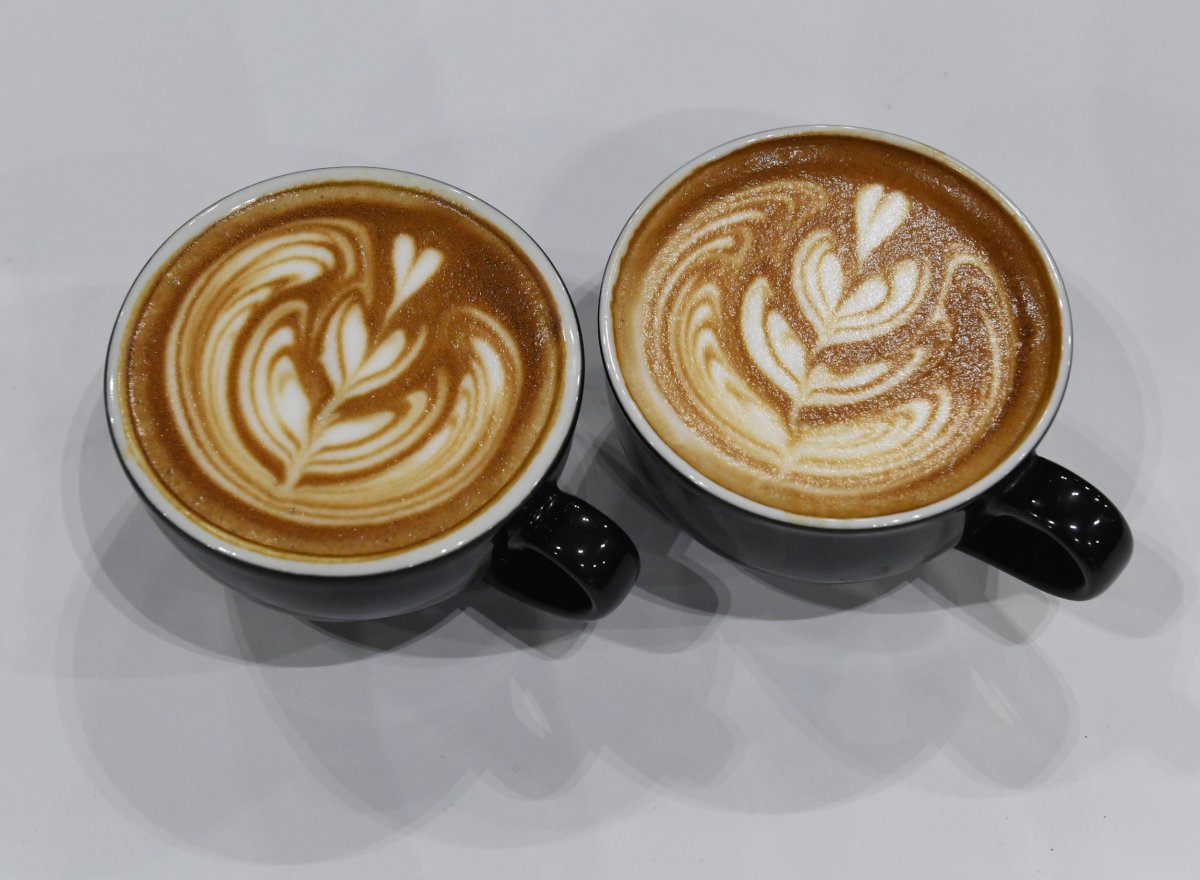Our ability to detect bitterness evolved as a natural warning system to protect the body from harmful substances. So why is coffee—a bitter-tasting drink—so popular around the world? In evolutionary terms, this doesn't make sense: we should want to spit it out.
Now a paper published in the journal Scientific Reports has shed light on this issue, finding that people who taste the bitterness of coffee more strongly drink more of the beverage.
For the study, an international team of scientists investigated how people perceived three bitter substances (caffeine, quinine and propylthiouracil or PROP)—something that is determined by the presence of certain genes, according to previous research.
The team examined the relationship between bitter taste and beverage consumption in more than 400,000 men and women using genetic data from the U.K. Biobank. The genes linked to the perception of caffeine, quinine and PROP were tested for associations with how much coffee, tea and alcohol the participants consumed.
"You'd expect that people who are particularly sensitive to the bitter taste of caffeine would drink less coffee," Marilyn Cornelis, an author of the study from Northwestern University Feinberg School of Medicine, said in a statement. "The opposite results of our study suggest coffee consumers acquire a taste or an ability to detect caffeine due to the learned positive reinforcement (i.e. stimulation) elicited by caffeine."

Essentially, people who have a heightened ability to taste coffee's bitterness learn to associate it with "good things," according to Cornelis.
The findings showed that those who were more sensitive to the bitterness of caffeine—determined by the presence of certain genes—drank more coffee, but less tea (possibly because they were too busy drinking coffee).
For the other two substances, the effect was the opposite: Those who were more sensitive to quinine and PROP (a synthetic taste related to the compounds in vegetables such as cauliflower and cabbage) drank less coffee but more tea.
In addition, those who were more sensitive to PROP drank less alcohol, whereas higher perception of the other two compounds had no clear influence.
The findings suggest that variations in bitter taste perception resulting from genetic differences may help to explain why some people have preferences for coffee, tea or alcohol.
"Taste has been studied for a long time, but we don't know the full mechanics of it," Cornelis said. "We want to understand it from a biological standpoint."
Uncommon Knowledge
Newsweek is committed to challenging conventional wisdom and finding connections in the search for common ground.
Newsweek is committed to challenging conventional wisdom and finding connections in the search for common ground.
About the writer
Aristos is a Newsweek science reporter with the London, U.K., bureau. He reports on science and health topics, including; animal, ... Read more
To read how Newsweek uses AI as a newsroom tool, Click here.








